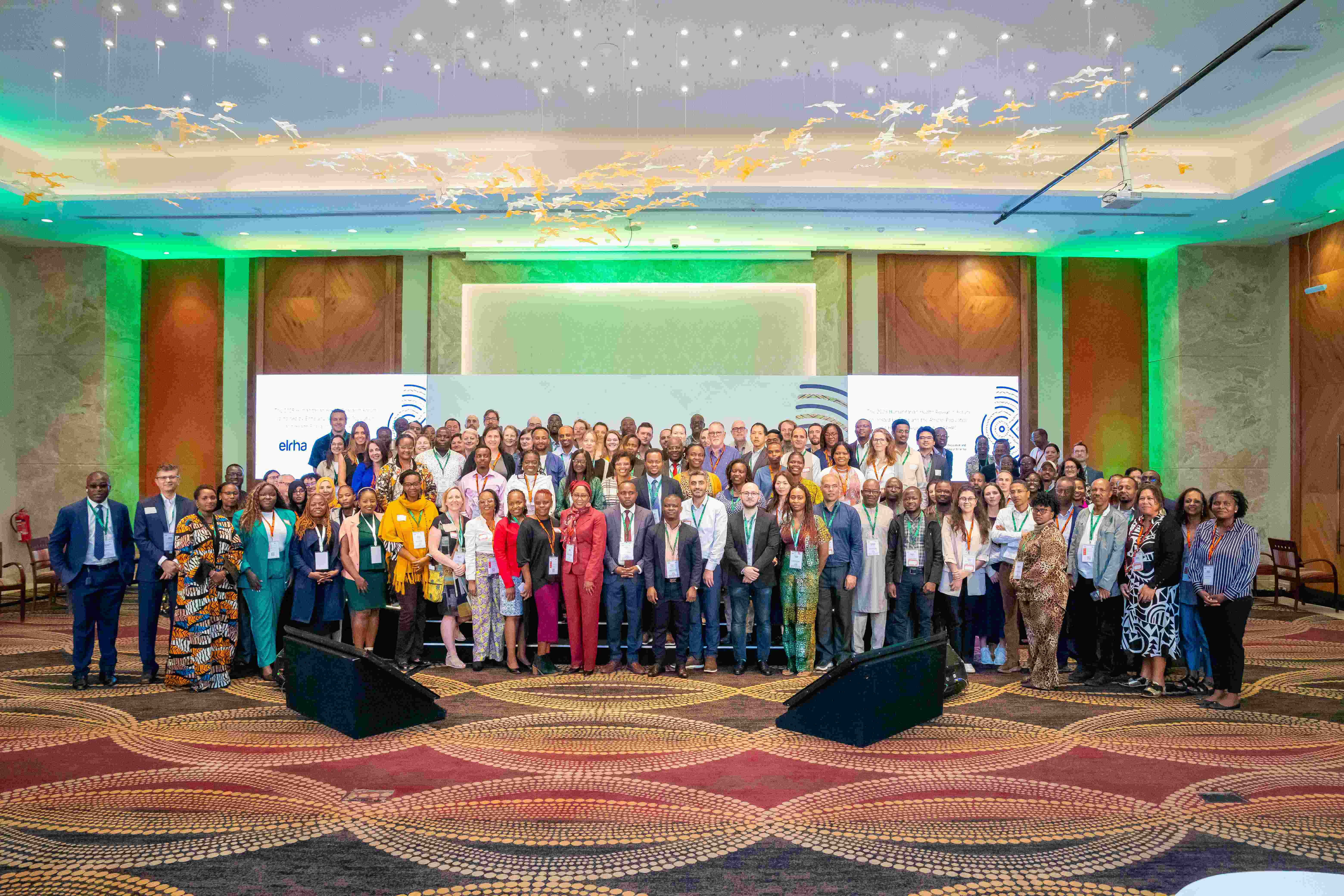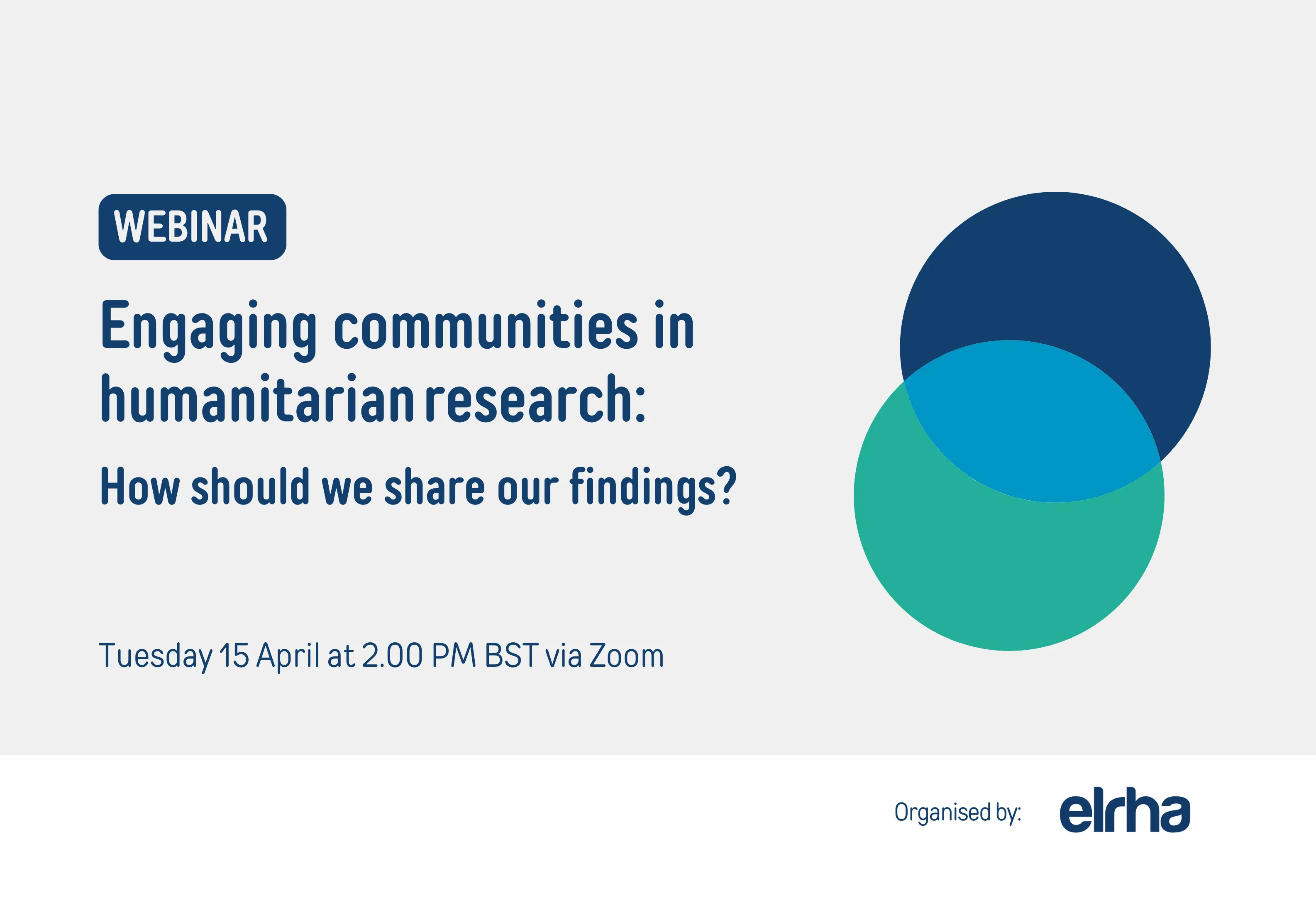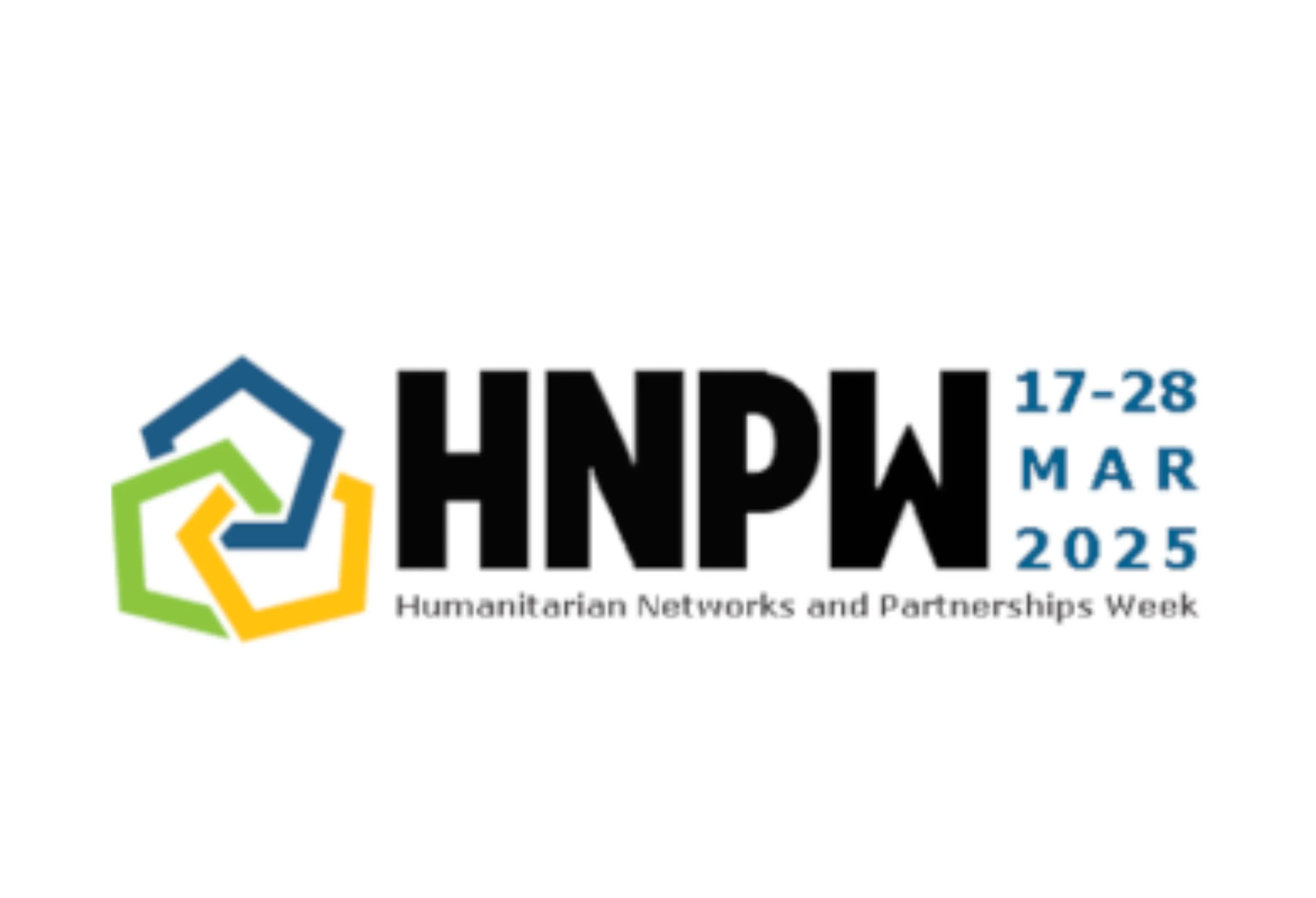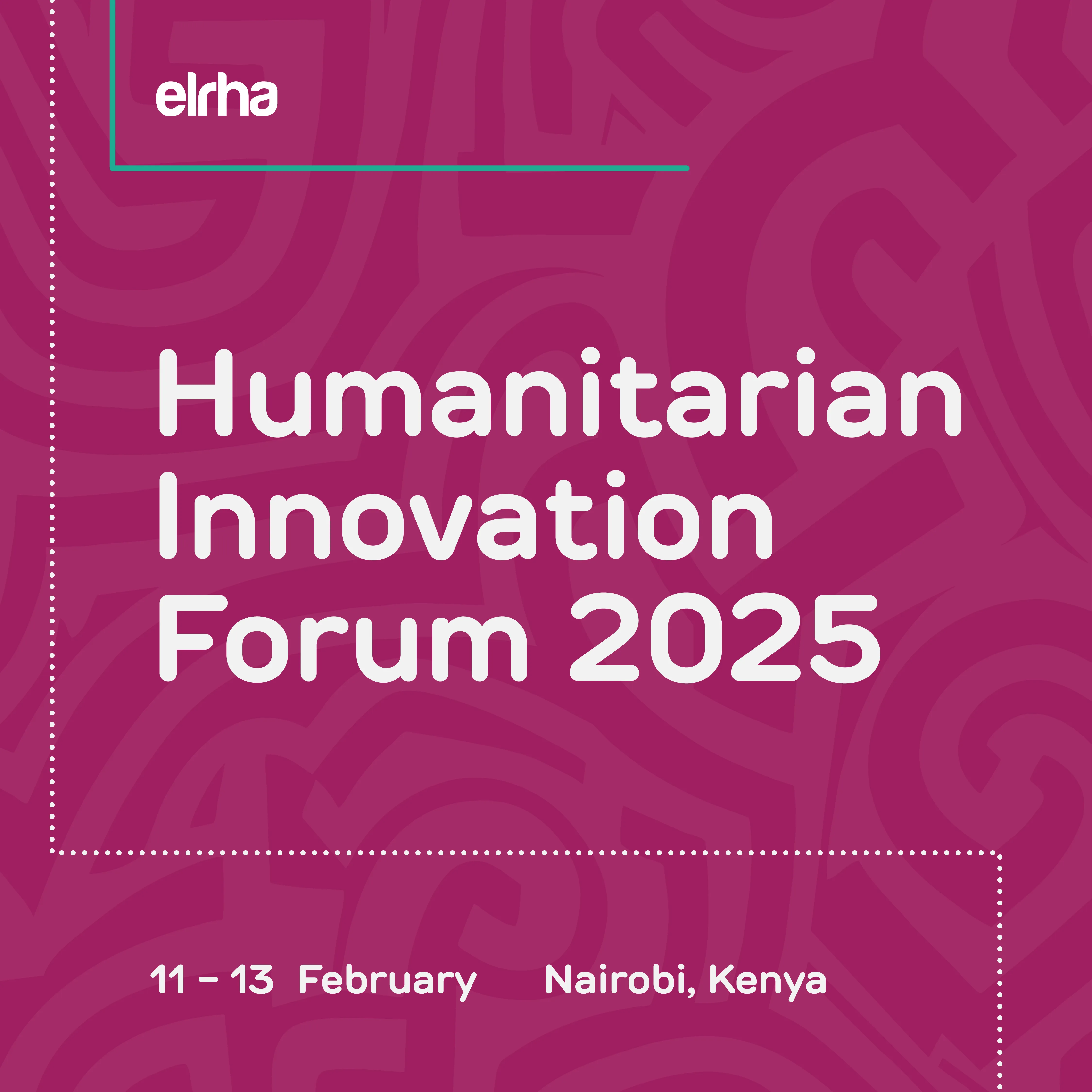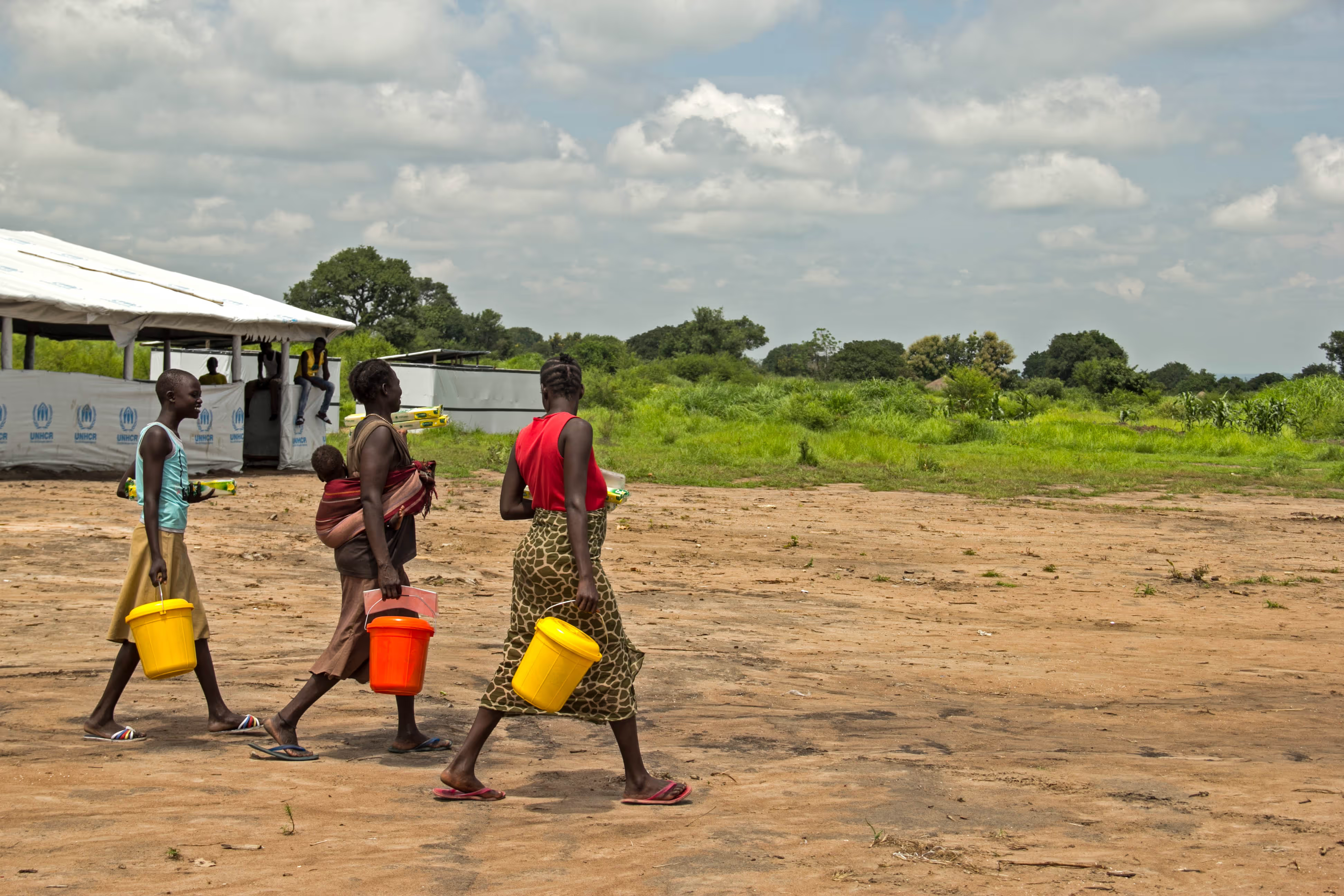From research to impact in the humanitarian sector: learning from R2HC case studies

For humanitarian organisations to respond effectively to complex crises, they require access to up-to-date evidence-based practice guidance, standards and policies. It is critical that publicly funded evidence is reaching humanitarian stakeholders who can translate research and apply it to policy and practice. But the reality of doing this is not easy. As explored in a recent learning paper there are multiple barriers for humanitarian researchers and their partners in translating evidence into use. Understanding how researchers and their humanitarian partners have engaged on the evidence to practice pathway can help us learn from their experiences.
Having been in operation for a decade, our Research for Health in Humanitarian Crisis (R2HC) programme has produced a collection of detailed case studies documenting the impacts of completed research studies on humanitarian policy and practice. The case studies document impacts delivered, explore effective engagement and communication strategies used to engage stakeholders in research, and share lessons learned about the contextual factors and enablers that allow research to have influence.
Watch the event recording
Speakers and programme
Download panellists bios to learn more about the speakers.
1. Opening remarks from the Chair: Prof Alastair Ager, Emeritus Professor of Global Health and Development at Queen Margaret University and member of R2HC Advisory Board (33 seconds)
2. Panellist reflections:
- Dr Junaid Razzak, Vice Chair of Research, Department of Emergency Medicine at New York Presbyterian Weill Cornell Medicine/ Aga Khan University (6 .00)
- Dr Gloria Seruwagi, Director, Centre for Health and Social Economic Improvement (CHASE-i), Makerere University; Research Uptake - Baobab Research Programme Consortium, Population Council. (13.30)
- Dr Rabih El Chammay, Head of the National Mental Health Programme at Ministry of Public Health in Lebanon (23.40)
- Laura Miller, Senior Technical Advisor, Health Monitoring, Evaluation, Accountability, and Learning (MEAL), Health Unit, International Rescue Committee (IRC) (33.50)
- Aliocha Salagnac, Global WASH Cluster Advocacy and Knowledge Management Specialist, UNICEF (50:00)
3. Discussion: 1.01.00
4. Final takeaways: 1.18.00
About the event
In this 90-minute webinar experts from the humanitarian research, policy and practice sector examined the lessons learned from the case studies and from their own experiences on the research-to-practice pathway.
In dialogue, panellists shared lessons and priorities to be addressed so that humanitarian organisations can better utilise available evidence to improve policies and programming. Panellists reflected on the following, with reference to R2HC case studies drawing on their own expertise:
- Effective strategies for research to impact on humanitarian policy and practice (research engagement, communications and dissemination)
- The humanitarian crisis context for engagement and the role of research expertise from countries affected by crisis and the global South
- Barriers faced in uptake and evidence use, and how researchers have overcome these
The webinar also launched our Research Impact Framework which provides guidance on strengthening the impact of humanitarian research on policy and practice. Developed by R2HC, the Framework and accompanying briefing note outline success strategies that researchers can use to deliver research impact, and enablers which can facilitate evidence-to-practice impact pathways.
